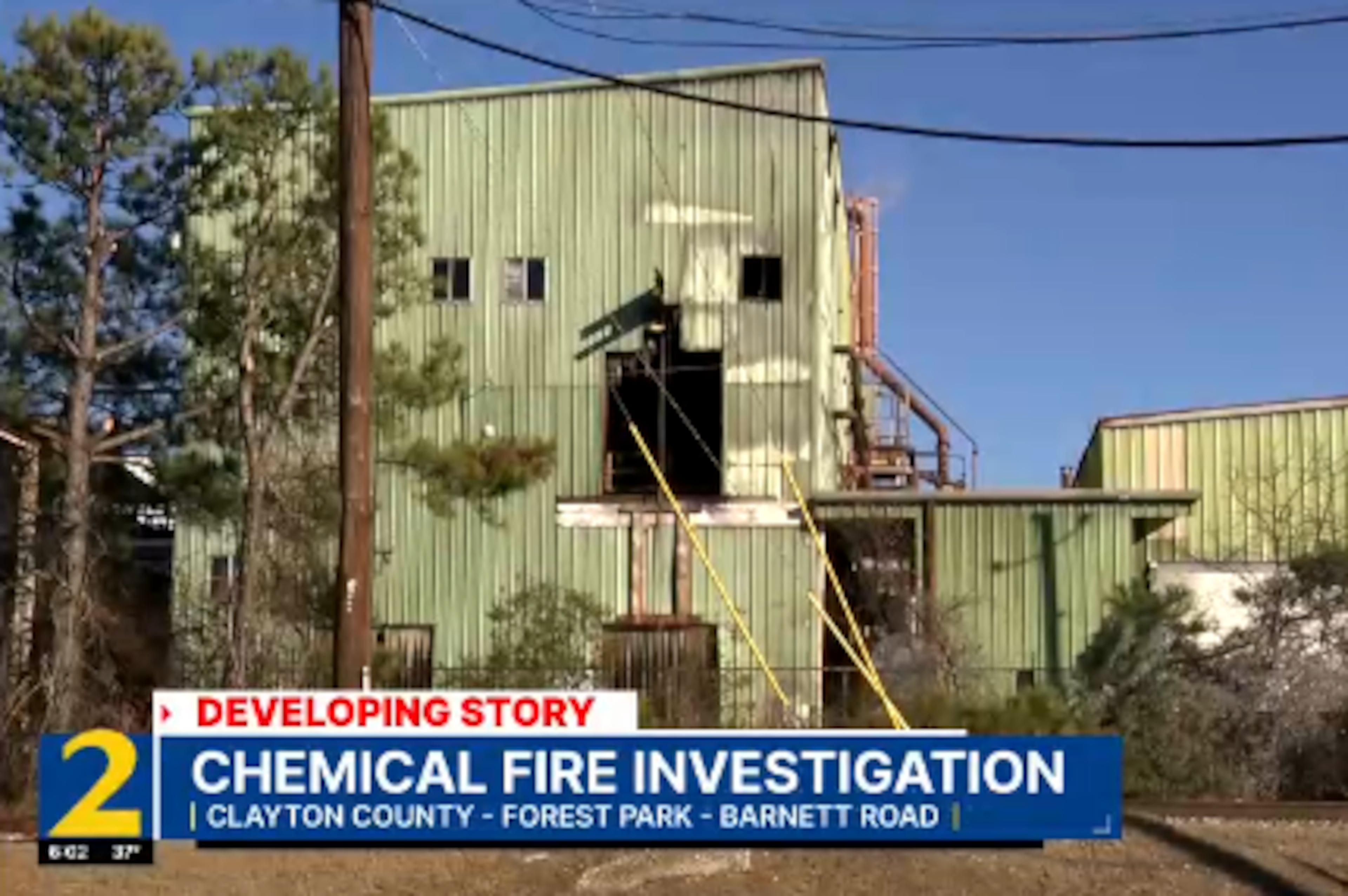Cobb moves on ‘Brunch Bill’ expanding Sunday alcohol sales

Cobb voters could have the opportunity this November to decide whether local bars and restaurants can start serving alcohol on Sundays at 11:00 a.m. instead of 12:30 p.m.
Earlier this year, Georgia passed the so-called "Brunch Bill," allowing towns and counties to hold their own vote on the rule.
On Tuesday, the Board of Commissioners approved a resolution calling for a referendum to be placed on the November ballot. The city of Marietta has already passed such a resolution.
“I believe in limited government and I see no reason why the government should restrict those hours right now,” said County Chairman Mike Boyce. “If people want to have the opportunity to drink a mimosa at 11:30 on a Sunday, they should have the right to do that.”
Karen Bremer of the Georgia Restaurant Association spoke in favor of the referendum during the public comment portion of the meeting.
“The legislation originated out of creating a level playing field for private business versus government buildings,” which are allowed to set their own serving time, she said. “This is why The Battery cannot start serving till 12:30.”
She said expanding serving hours would bring in more sales tax and boost county revenue.
The next step entails the county working with each of Cobb’s six cities and local board of elections to get the referendum on the ballot, according to county spokesman Ross Cavitt.



